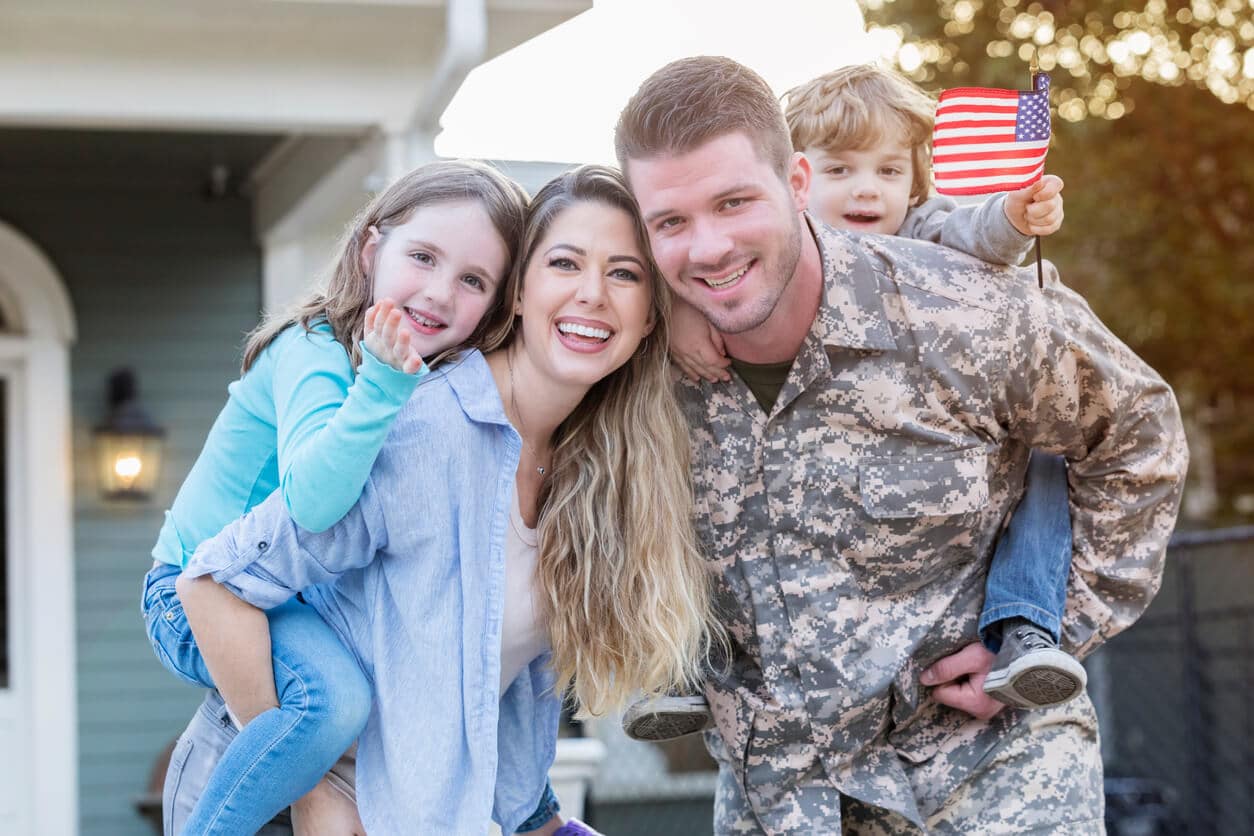The Deployment to the War in Ukraine: Support for Families at Home

As the war in the Ukraine intensifies, more U.S. military troops are being deployed to the region.
In many cases, the deployed military personnel have families they must leave behind at home—both their spouses and children of all ages.
Because these deployments can be understandably challenging for the families of deployed military, it is crucial that spouses and children get the help and support they need.
Preparing for Deployment
Families can spend time together preparing emotionally for a forthcoming deployment. This may include creating a plan for how the family will communicate, discussing the need to reach out to one another when feeling sad or missing the deployed family member, researching and planning to attend local support groups, or arranging some special time together prior to departure.
Coping During Deployment
Deployment can affect children in different ways, depending on their ages. For example, young children may not understand why a parent will not be around at bedtime to tuck them in for the next few months, and school-aged children may feel afraid that something will happen to their mom or dad while they are away. Teenagers may feel anger towards the deployed parent or frustrated by an increase in responsibilities at home. Regardless of age, it’s important to help children cope with their feelings and understand that they haven’t done anything wrong.
For the parent staying home, it’s critical to help your children feel like they are still in contact with the deployed parent. Younger children can draw pictures or take photos of what they did that day and create a scrapbook to send to the deployed parent. Adolescents can email, write letters, and put together care packages to send to their parent overseas. Also, if you know the length of deployment, you can do a countdown on the calendar that shows when the deployed parent will return home.
It’s helpful to answer questions about the deployment as honestly as you can, but try to limit television coverage of the war with younger children. If teenagers want to watch the news, watch with them so you can reassure them and answer questions right away.
If you are an at-home spouse who is suddenly playing the role of both parents and running the entire household, it is important for you to care for yourself too. Spend time with friends, start a new hobby, and plan fun activities for you and your family to enjoy together.
The Impact on Family Members’ Mental Health and How to Get Help
Generally speaking, military families tend to be fairly resilient. However, deployment can still take its toll on mental health. If you or a loved one are struggling with depression, anxiety, anger, or other mental health issues, please reach out to our professionals. We’re to help you find the care and support you need.


